
Celebrating the journey with our December A&S grads
December graduates walk the stage this month, so we sat down for a talk with three A&S grads who’ve taken different pathways through Cornell.
Read more Department Homepage
Department Homepage

The Cornell University Department of Economics offers a unique combination of theoretical and analytical rigor, and concern for real world problems. An unusually broad range of courses gives students an understanding of the way economies operate and an insight into public issues. Currently, the department has more than 50 faculty members, 500 majors, 100 Ph.D. students, and serves over 5,000 students on campus each year.

December graduates walk the stage this month, so we sat down for a talk with three A&S grads who’ve taken different pathways through Cornell.
Read more

Americans broadly agree that universities should engage in a range of societal issues beyond their core education and research missions.
Read more
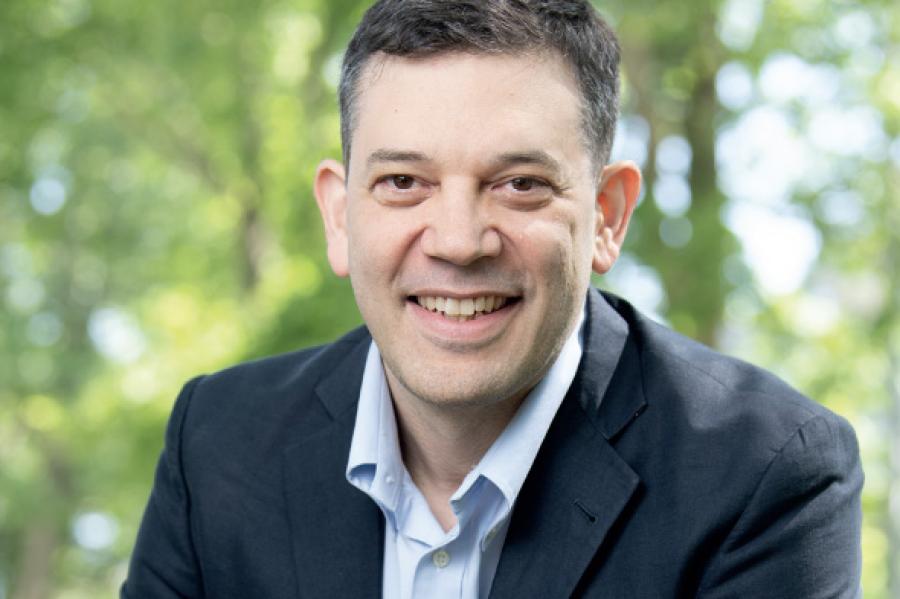
Wharton economist Judd Kessler will pull back the curtain on the hidden markets that determine who gets what in everyday life.
Read more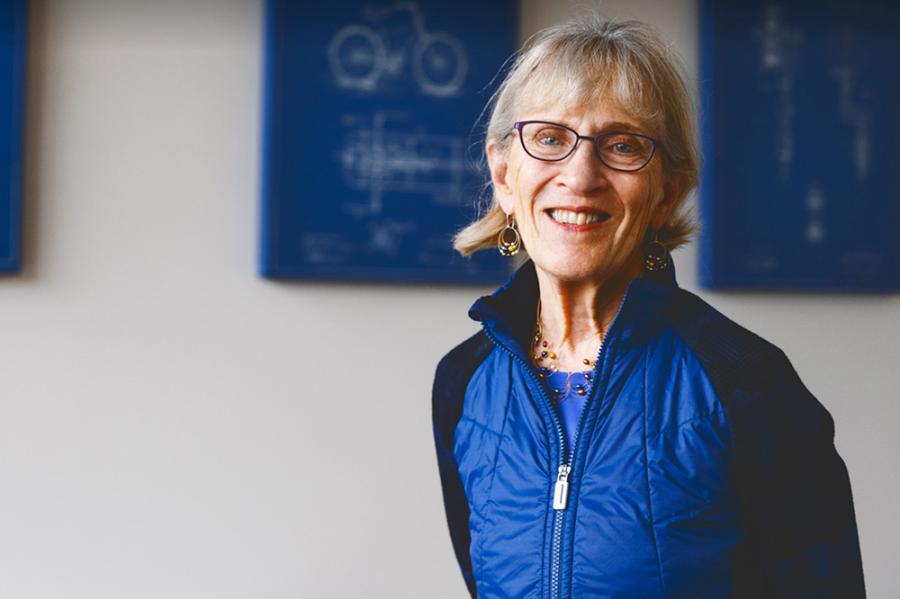
Economist and Harvard professor Claudia Goldin ’67 studied under eminent Big Red faculty members Alfred Kahn and Walter LaFeber
Read more
“It would be virtually impossible for Gold to take on the multifaceted role of the USD in international trade and finance."
Read more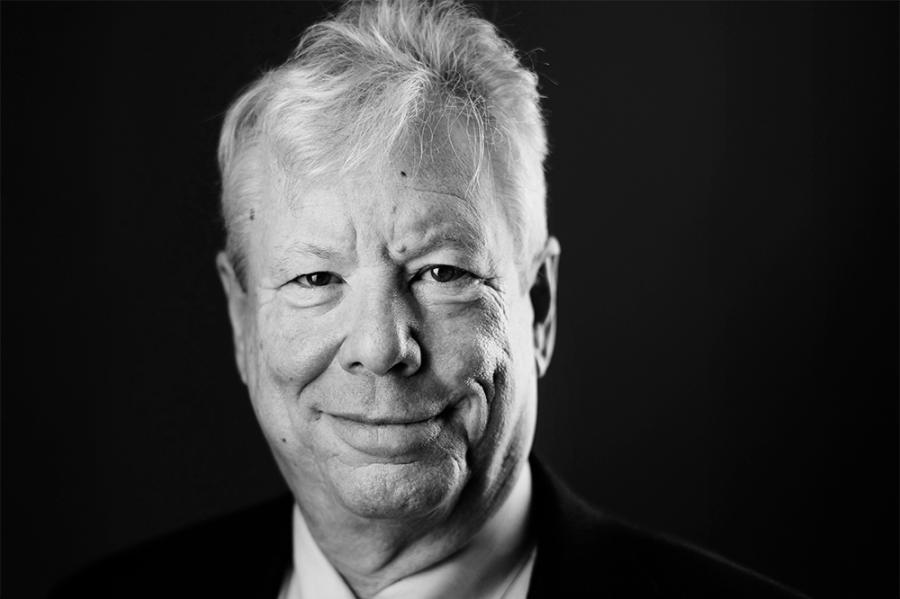
Thaler won the Nobel Prize in 2017 for work done in the 1980s at Cornell. He is now the Charles R. Walgreen Distinguished Service Professor of Behavioral Science and Economics at the University of Chicago.
Read more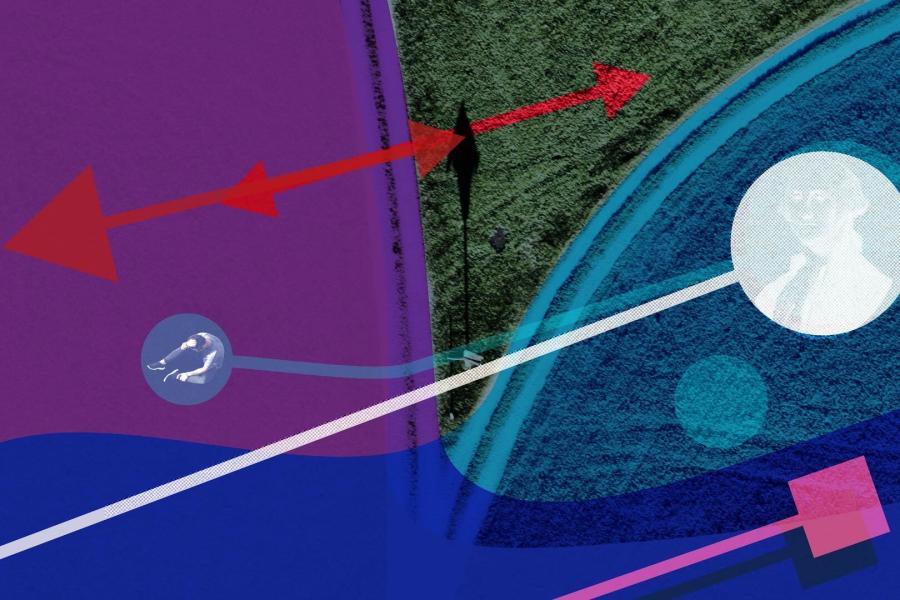
Economists and psychologists work together to understand how human behavior impacts people's decision-making in the marketplace.
Read more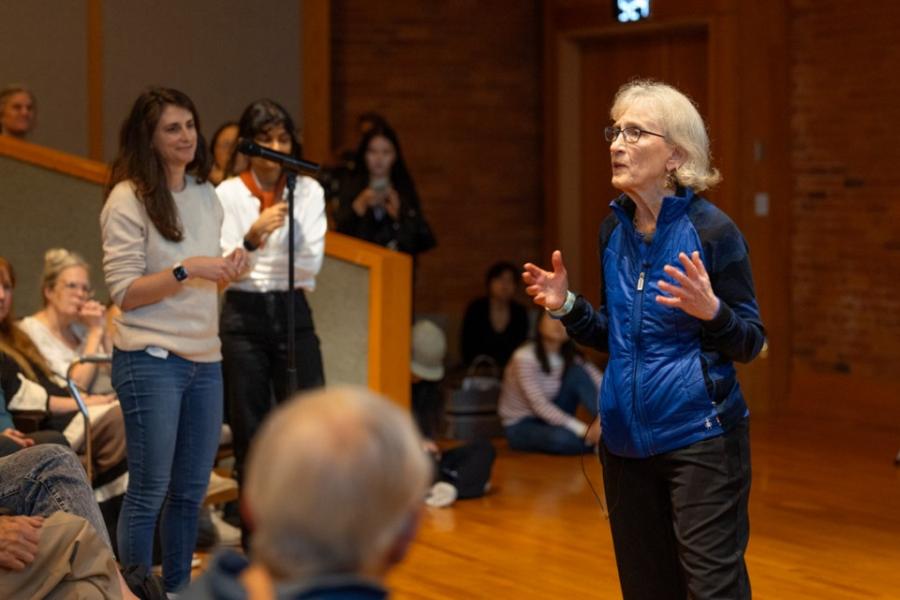

Claudia Goldin '67 used data to paint a picture of the "tremendous" progress of the U.S. women’s movement, as well as the forces that have prevented women from reaping the benefits of their rights.
Read more

Cornell University helped pioneer the collaborative field of behavioral economics, where economists and psychologists work side by side to uncover how human behavior drives decision-making in markets and beyond.
Click here to read more about the impact of our behavioral economics research
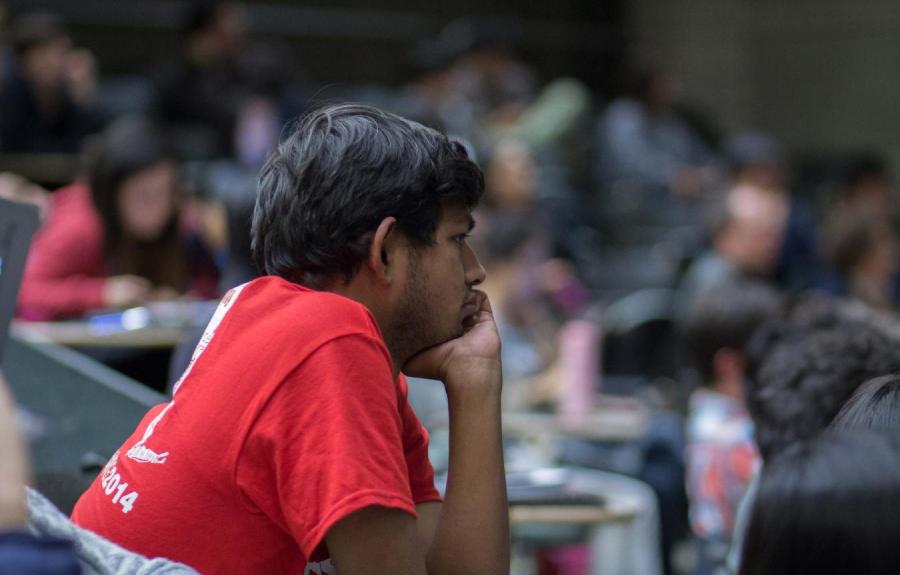
Undergraduate Program
Why study at Cornell? The Economics Department is shared by both the College of Arts & Sciences and by the ILR School, and we offer a variety of services to the Cornell undergraduate community.

Graduate Program
Our Ph.D. program field faculty consists of 91 economists drawn from the Economics Department and other departments and colleges across the university, offering students many opportunities. Students can focus their doctoral research on a wide range of economics-related topics